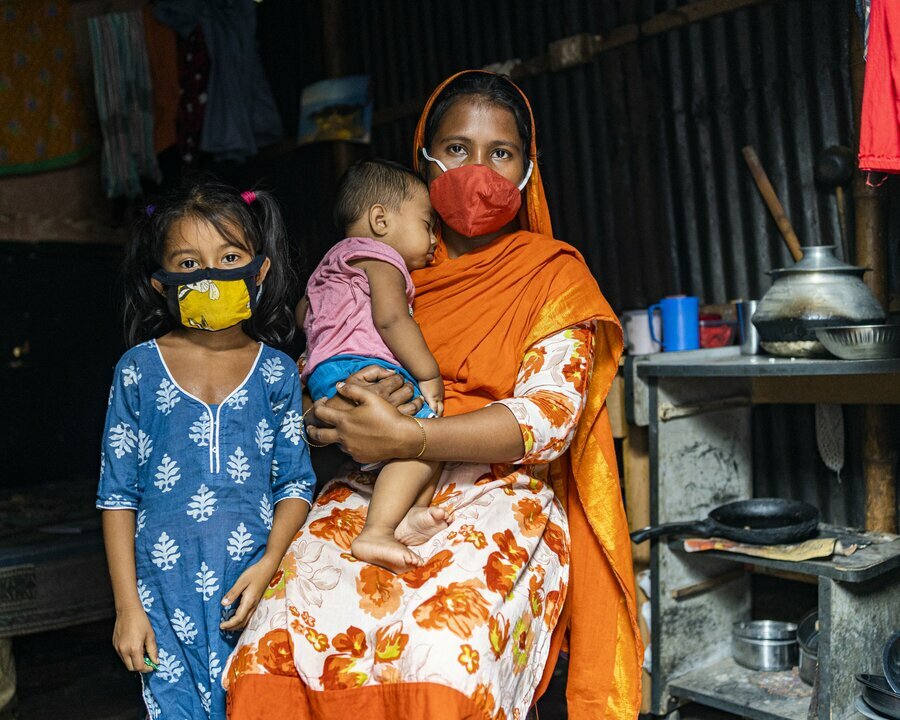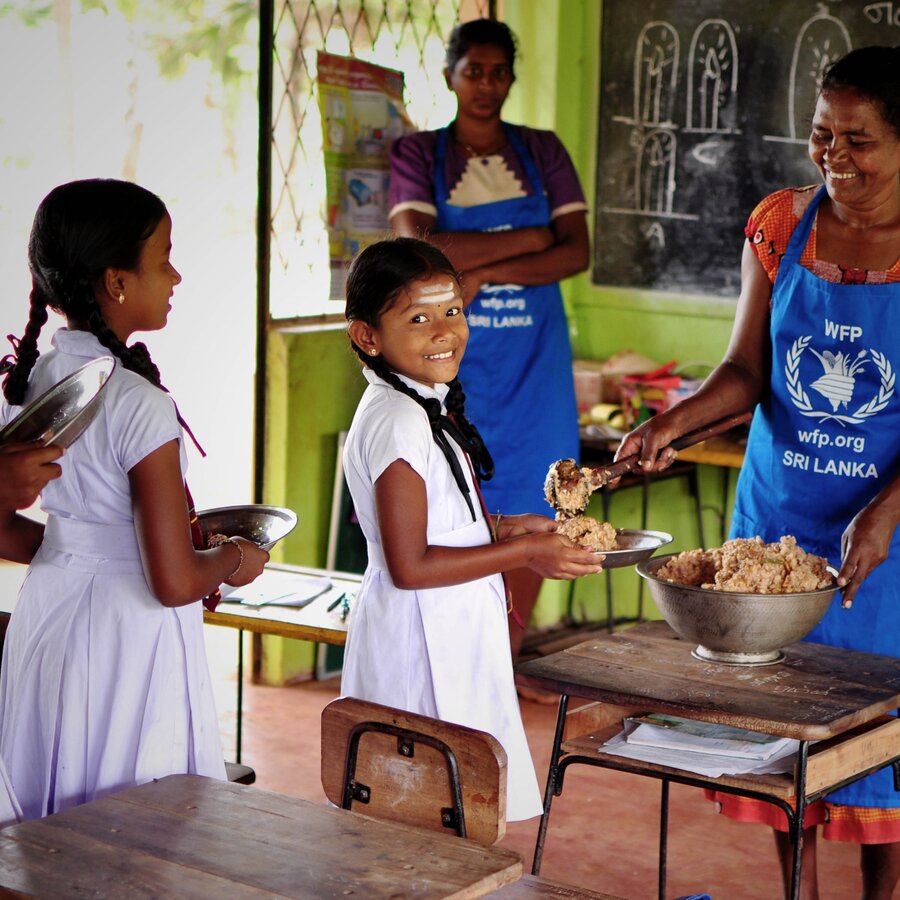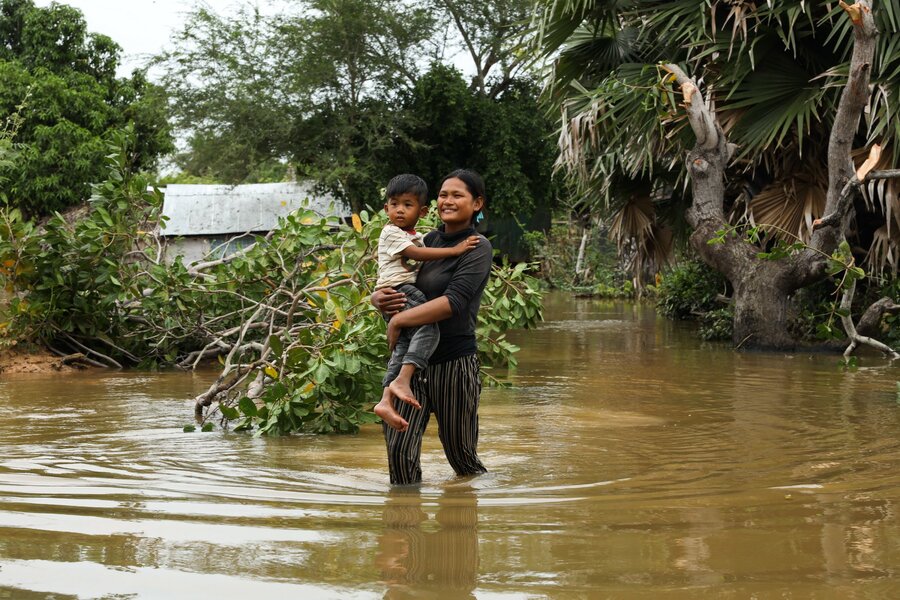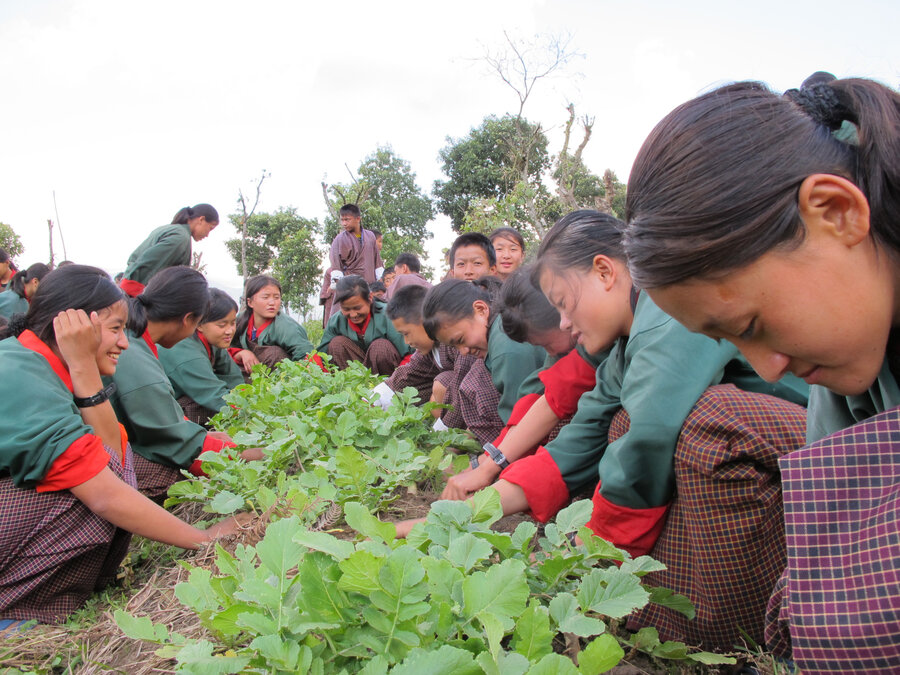Conditions such as wasting in children up as poverty caused by coronavirus restrictions hits mothers' access to nutritious food

The coronavirus pandemic is undermining efforts to improve diets and nutrition for nearly 2 billion people in Asia and the Pacific, according to a report published today.
The Asia and the Pacific Overview of Food Security and Nutrition states that 1.9 billion people were unable to afford a healthy diet in 2019-the year that is the focus of the study-while estimates suggest the disruption caused to livelihoods and economies by COVID-19 only worsened problems in 2020, hitting women and children aged under 5 hardest, in spite of economic growth.

"National statistics can really disguise the situation," says Britta Schumacher, a nutritionist at the World Food Programme (WFP)'s Asia Pacific headquarters in Bangkok-WFP co-authored the report with UN's Food and Agriculture Organization (FAO), Unicef and the World Health Organization.
"Before the pandemic, GDPs were relatively high in a number of countries in this region so there was a steep upwards curve," says Schumacher. "And while the curves for a number of nutrition indicators such as stunting point downwards, the pace was far slower"-leaving the least well-off behind.

Photo: WFP/Cesar Lopez
Malnutrition is prevalent among the poorest and most vulnerable populations-they are on the front line of vitamin and mineral deficiencies, stunting, and COVID-propelled wasting (low weight for height, which affects up to 31 million children aged under 5 in the region).
The report highlights how the cost of a healthy diet is significantly higher than that of an energy-sufficient diet.
More than 350 million people in the Asia and Pacific region were undernourished in 2019, roughly half of the global total as high food prices keep nutritious food out of reach for people with minimal buying power.
To break the cycle, says Schumacher, "You really need to get maternal and young children's nutrition right in the short term, so that generations of children are not deprived of their potential because of stunting."

Mothers and children aged under 5 are particularly susceptible to malnutrition because of their high nutritional needs.
Targeting school-aged children and adolescents, she adds, is also key to stopping the spiralling trend of overweight and obesity, and vitamin and mineral deficiencies.
In the past year, the lack of jobs in many parts of the Asia Pacific region, aggravated by COVID-19-related restrictions, has led to a worsening of inequality, as poorer families with dwindling incomes further alter their diets to choose cheaper, convenient, but less nutritious foods.
"That's to a certain extent linked to a lack of investment in some of the social sectors," says Schumacher - it's critical for the private sector to work harder to "make nutritious foods affordable and available" while it's the duty of governments to implement "policies and programmes prioritizing the poorest and the most vulnerable".
She adds: "Let's use all programme and policy opportunities, across systems, to incorporate an objective of improving diets and nutrition for the family as a whole, and for children and women in particular."
Optimal diets and feeding practices are essential both before and after pregnancy while improving maternal and child diets requires coordination between food, water and sanitation, health, social protection and education systems, the report states.
"Let's not ignore the problem and think that's not my business," says Schumacher. "It's really everyone's business."






